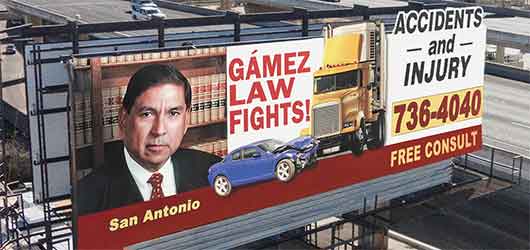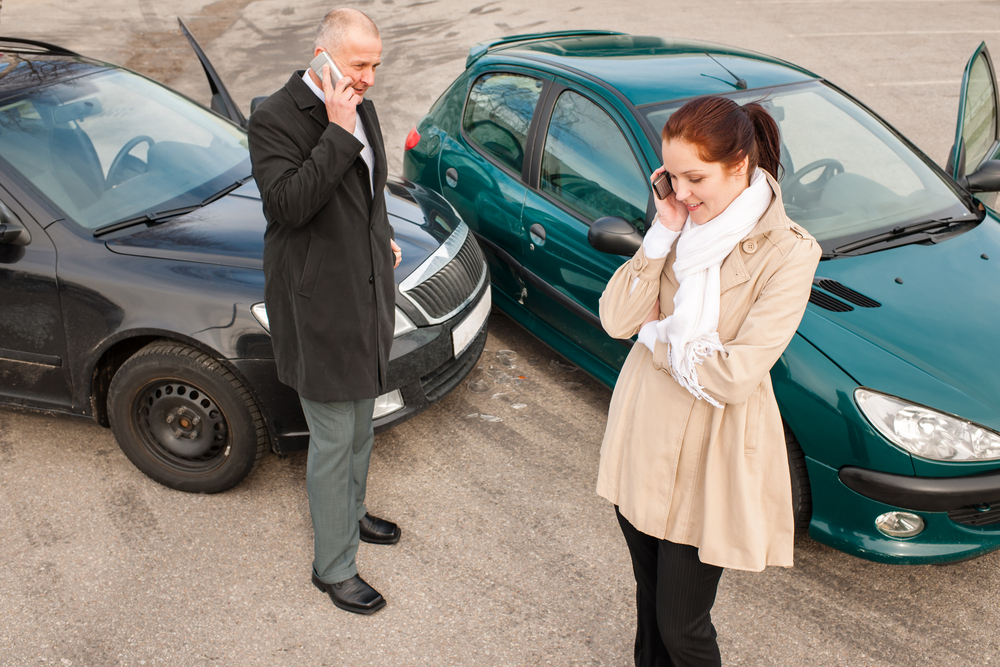If you’ve been in an accident and have your car insurance, then you are generally obligated to tell your insurance company or agent about the accident. But when you’re on the phone, are there certain things you should or shouldn’t say? If you aren’t sure how to talk to insurance companies after an accident, then you may want to contact accident lawyers in Houston, TX, and San Antonio, TX for guidance.
Eight Tips for Talking to Insurance Companies After an Accident in Houston and San Antonio
1. Stay Calm
If you’re being contacted by an insurance company that isn’t your own after an accident, then it’s likely the company for the other driver contacting you to verify information about the accident. In the worst-case scenario, the other driver’s insurance company is contacting you because the other driver says that you’re responsible for the accident.
Understandably, being contacted by a different insurance company to talk about an accident can be unsettling, but it’s in your best interest to remain calm. Being polite to the insurance adjuster and maintaining a calm conversation can be beneficial to your case in the long run. While insurance adjusters will rely on factual elements to create a settlement offer, some things can still be unclear about an accident, and an adjuster may be more likely to believe your account of events if you remain calm and professional.
2. Information Exchange
You will need to exchange some information with the insurance company that is contacting you. For example, you may be asked about your personal information like your name, address, and telephone number, as well as information about whether or not you are employed. These are all basic elements the insurance adjuster will need for paperwork. However, you should not give out information such as your social security number, your work schedule, or your income. You should also not give information about friends and family members or ways to contact them unless one of them was specifically involved in the accident.
You should be sure to take the information of the insurance adjuster you are speaking with. You should ask for the name, telephone number, address, and insurance company the adjuster represents. This information will be important because you may be speaking with this adjuster in the future so you (or your lawyer) may need a way to get in touch. This will also help verify that the person you are speaking with does work for an insurance company just in case there is fraudulent activity.
3. Accident Details
It’s common for insurance companies to ask for a statement about the accident, but you are not obligated to provide any details related to the accident. For example, while you can verify that the accident was related to traffic, the date of the accident, and where the accident occurred, you should not include any information that may implicate you or hold you liable for the accident. This includes information about whether you were on your phone, listening to music, speeding, or other accident details.
If the insurance adjuster is pressing you for details about the accident, your best strategy is to politely refuse to answer these questions. You can say that the accident is still under investigation, for example, or that you are too busy to be on the phone.
4. Injury Details
Personal injuries related to car accidents are very common, so the insurance adjuster will likely ask questions about any injuries you may have sustained because of the accident. Again, you are under no obligation to provide any of your medical information, including the nature of your injuries, the extent of your injuries, or any treatments you have had for your injuries. Your best course of action is to say that you are still being treated, so you have no details to give at this time.
The reason you will want to leave out injury details is that the insurance company will be looking for reasons to deny your claim. For example, mentioning whiplash is a huge red flag to insurance companies. Additionally, injuries related to your accident may show up later, so it’s best to leave out any details until you and your legal representative are filing a personal injury claim.
5. Opinions
You will also want to avoid making opinion statements or any conjectures about the accident. Opinion statements like “I think” can be used to cast doubt on your account of the case, which will weaken your claim and make it more difficult to have a fair settlement for your damages. You should also avoid saying things like “I’m fine”, as this can also be used against you during a personal injury claim.
6. Notes and Recording
You should ask the insurance adjuster if you are being recorded. Recorded conversations may sound innocent, but they can be used to look for inconsistencies in your account of the accident and then used against you to deny your claim. If you are being recorded, then be sure to cut the conversation off as quickly as possible. You should also take your notes about the conversation, particularly the questions you were asked.
7. Resist Settlement Offer
When you are contacted by an insurance company, they may have a settlement offer they want you to take. You should know that early settlement offers are typically lowballed estimates that may not cover the entirety of your damages. If an insurance adjuster is pushing you to take a settlement offer, politely refuse or say that you need to discuss the offer with your lawyer.
The insurance company will likely push for you to accept the settlement offer because it saves them time and money. Quick settlements usually seem like a good way to put the accident behind you, but if you accept an early settlement offer, then you could be missing out on compensation that is owed to you for your damages. Accepting the settlement offer also means you will not be able to claim additional compensation later.
8. Contact Accident Lawyers
The final tip for speaking with an insurance company is to make sure it’s clear that you have legal representation. If the insurance company knows that you have a lawyer or that you are speaking with a lawyer about your case, they may be more likely to respect your refusal to answer certain questions or offer details about the accident. You can also put the insurance company into contact with your lawyer directly so that you do not have to speak with the insurance adjuster.
Why Hiring a Lawyer Will Help You
Having accident lawyers on your side when you have been in an accident can be extremely beneficial. Not only will insurance companies be more likely to treat you fairly during conversations, but the lawyer can advocate for your best interests when it comes to negotiating for a better settlement. Having a legal representative will also be helpful if your case progresses to court since your lawyer will help you collect evidence that can support your case.
If you are contacted by an insurance company after an accident, it’s important to remain calm and polite on the phone while also avoiding providing too many details about the accident or your injuries. Remember that the insurance company may not be on your side, so staying cautious with your interactions will be in your best interest. Please contact Gamez Law Firm in Houston, TX, and San Antonio, TX to learn more about how accident lawyers can help you talk to insurance companies after an accident.



